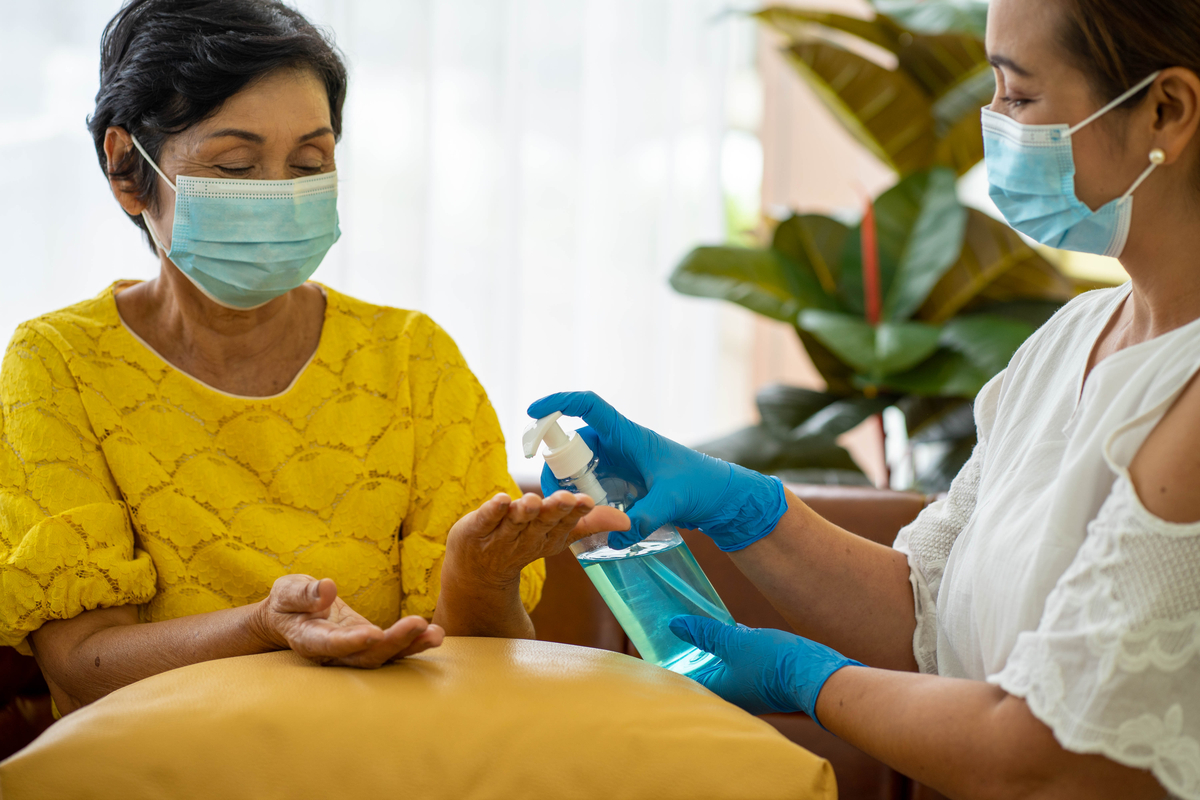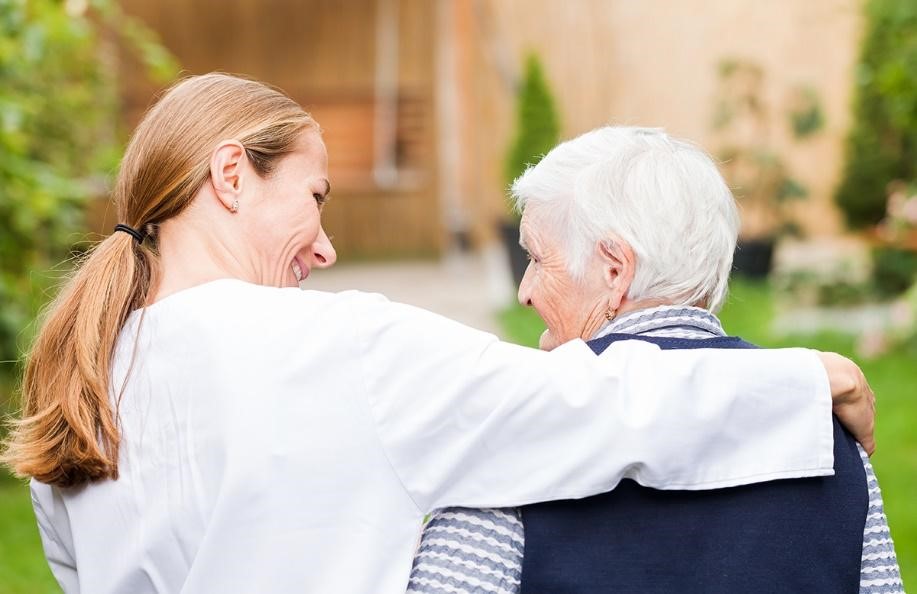
How Winter Affects the Immune System
A strong immune system is essential for fighting off sickness, from simple colds to more serious illnesses such as flu and pneumonia. Think of your immune system as an army of superheroes standing ready to defend your body against intruders. To do their job well, those superheroes will need the right tools to keep you safe. Simple things like eating more fruits and vegetables and getting enough sleep can make a significant difference in the immune system’s ability to function effectively.
In winter time, however, it’s harder to support the immune system. Cold weather has been linked with an increase in respiratory illness and flu as well as increased blood pressure and heart disease. Reasons for this uptick in wintertime illness include reduced sunlight in the winter months (and therefore a drop in Vitamin D) and the fact that many infectious organisms (such as the flu virus) thrive in cold weather. Cold weather itself can also suppress the immune system. That’s even more dangerous for seniors, who often have difficulty regulating body temperature even in balmy weather.
How to Provide an Immunity Boost for Seniors in the Winter

Here are some simple ways seniors can do that.
- Get the flu vaccine. Sometimes the body needs a little outside help to fight off illness. The flu vaccine is one of the most important ways seniors can protect themselves in the winter. According to the Centers for Disease Control, getting a flu shot can reduce the risk of contracting flu by 40% – 60%. Even if your loved one does get sick, the vaccine may reduce the severity of illness.
- Eat a rainbow. Good nutrition provides an array of nutrients, micronutrients, and antioxidants that seniors need to stay healthy. Medical experts suggest that eating a wide variety of fruits and veggies is just as important as getting your five servings a day. Encourage your loved one to eat something from every color of the rainbow every day whenever possible. If they are unable or unwilling to eat a wide variety of food, talk to their doctor about the possibility of supplementing with vitamins.
- Drink plenty of water. About 60% of the human body consists of water. That means every part of the body needs adequate hydration to function well, including the immune system. Talk to your loved one’s doctor about how much water he or she should drink every day in light of any health conditions or current medications they may be taking.
- Move a little every day. Exercise is another key component of overall health and of a strong immune system. Research also suggests that adequate exercise can help to slow down the weakening of the immune system that occurs with age. Even as little as fifteen minutes of exercise per day can have a positive effect on your senior loved one’s health. Talk to your family doctor about how much and what kinds of exercise your loved one should do.
- Get enough sleep. Sleep can be elusive for seniors, but getting enough rest is an important part of supporting the immune system. Adults over the age of 65 should aim for 7-9 hours of sleep each night. If your family member struggles to get quality sleep, look for ways you can help them build healthy sleep habits and nighttime routines.
- Social connection. Loneliness and isolation are more than mental struggles for the elderly. They can also significantly impact your loved one’s immune system and overall health. As part of an overall healthy lifestyle, social connection can go a long way toward supporting an elderly person’s wellbeing, including the body’s ability to fight off illness. While these vital social interactions may be more difficult in light of COVID-19, look for creative ways you can help your loved one stay connected with family and friends.
- Get enough Vitamin D. Vitamin D is important not only for bone health, but can help strengthen the immune system and is thought to potentially offer protection against the COVID-19 virus. Seniors are often deficient in Vitamin D, so should seek to boost their levels, especially in the wintertime. Vitamin D levels can be increased through moderate exposure to sunlight, eating foods such as salmon and eggs, or by supplementing with an appropriate amount of D₃. Always talk to your doctor to see if adding a supplement is the right strategy for you or a loved one.
Helping your senior loved one maintain a strong immune system this winter is one of the most important ways you can reduce their risk of illness, including COVID-19. If your family member requires assistance at home, his or her caregiver can help you ensure adequate nutrition, rest, exercise, and companionship.
At Cherished Companions, we know that our clients and their families are concerned both about long-term health and about the immediate risks of COVID-19. That’s why we follow all current recommendations and guidelines to protect both our clients and our caregivers. COVID-19 is highly contagious and while we cannot eliminate all risk, we can mitigate risks for our clients and staff. You can learn more about the policies and protocols we follow on our COVID-19 Help and Resources page.
For further questions, to request resources, or to inquire about getting or becoming a caregiver, contact Cherished Companions today on our website or call (440) 484-5390.
{{cta(‘6a691ae8-409b-4b09-a1d5-2864ffe1c1b5′,’justifycenter’)}}






